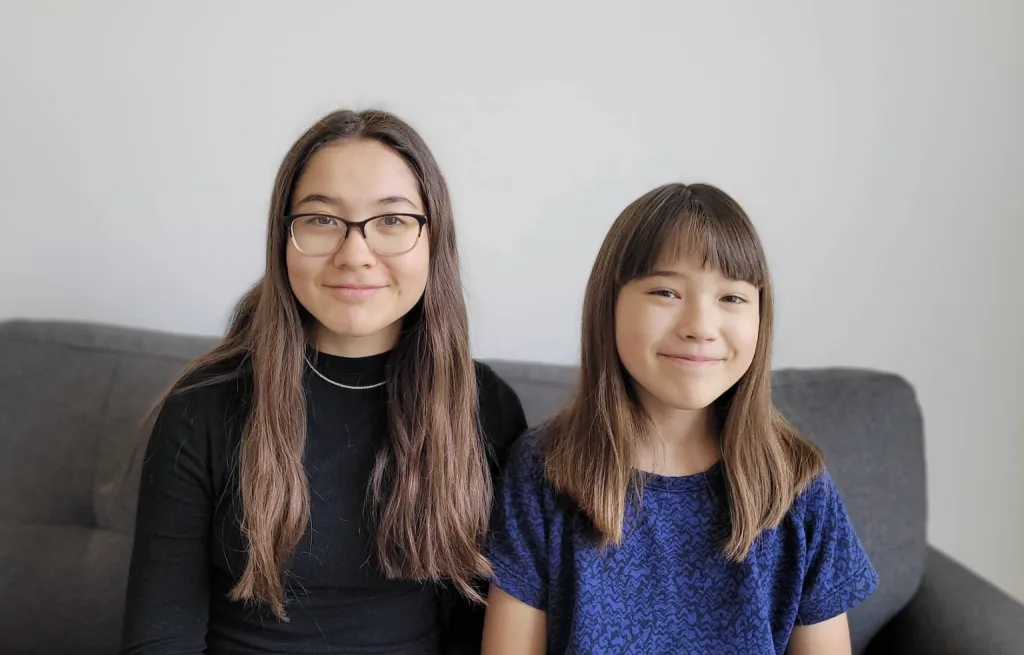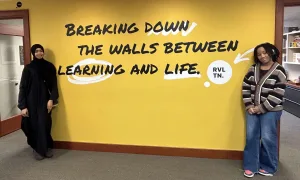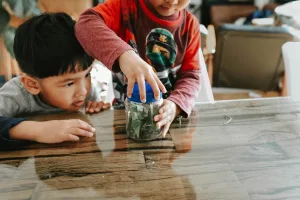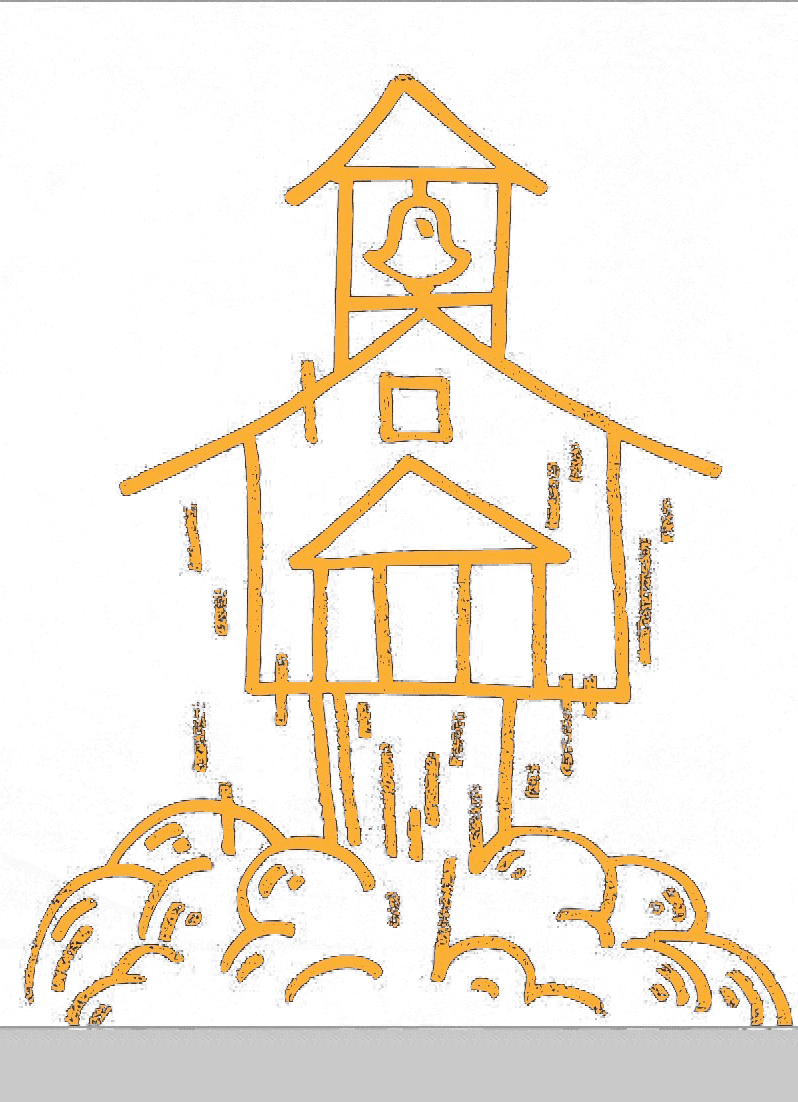Youth innovation is a growing trend in the US, especially since the pandemic. In fact, Generation Alpha, or those born since 2010, is on track to be the most innovative and technologically-savvy generation yet. This trend, combined with the rising number of students enrolled in non-traditional K-12 learning options, is creating an environment ripe for the next generation of innovation and entrepreneurship. Two siblings in particular, Sumay and Aila Lu, are making the most of this golden era of entrepreneurial opportunity to support other learners and edupreneurs. Sumay and Aila are the creators of the WEquil App educational platform and its virtual school, WEquil School.
WEquil is an ed-tech company working to provide a digital platform to help edupreneurs and their learners leverage social technology for educational purposes. From payment processing to classroom management, WEquil’s platform offers an unparalleled technological infrastructure to support the operations of homeschool groups, microschools, and virtual educators, making it easy for anyone to start a learning community online.
For Sumay and Aila, ages 15 and 12 respectively, creating a virtual school, and later the wider community platform, was inspired by their journey into unconventional education during the pandemic. “We never really thought about homeschooling as an option before the pandemic,” said Sumay. Both siblings originally attended public school prior to the pandemic. Aila added, “We never even mentioned the term ‘homeschooling’ but more than four times before the pandemic.”
Transitioning to virtual learning during the pandemic was challenging, and both sisters realized that there was something better for them in the world of homeschooling. They credit their switch to home education as providing them with time to pursue an entrepreneurial pathway they would have otherwise missed out on. The online microschool they created, which eventually led to the development of the WEquil App, has served over 600 students since opening.
Yet, even being homeschooled, the sisters make it clear that they are not limited to the traditional sense of the term. “Homeschooling is just a legal term used to describe any type of education that happens outside of traditional schooling,” Aila stated. Sumay explained that her and her sister’s homeschooling experience was leveraged to understand better how they liked to learn and to discover the problems that students like them faced in accessing tailored educational options, so that they might try and solve them. They succeeded.
Since creating WEquil during the pandemic, WEquil’s platform has amassed users from across the globe. Currently, the WEquil App has more than 2,400 registered users on the platform. Sumay says that WEquil’s platform aims to help leverage specialized skillsets from their users to help the community thrive collectively, connecting learners and parents with educational providers who can help them achieve their goals and receive a personalized educational experience. Sumay explained, “Someone may be really good at teaching one thing in particular, so we help them connect with people looking for that specific service and provide the foundational tools needed to provide that service to others.”
Some challenges come with leading a business of any kind at such a young age, but Aila and Sumay see these as opportunities for growth and learning. “We’ve had plenty of failures over the years, but failure is a part of learning,” Aila said. This attitude is definitely paying off. The sisters have been invited to numerous education and entrepreneurial events over the past few months, and Sumay was even a main stage speaker at VELACon, a national convening of hundreds of innovative educators hosted by the VELA Education Fund, in Washington, DC, this past June. They now have their own podcast covering anything from educational methods to recent trends in unconventional education.
It is important to both sisters that the future of education is determined by youth and adults collaboratively, and they are both proponents of project-based education so that young people can ask questions and discover the world with adult mentorship. This method of education helped them create a pathway to success, and both sisters agree, it’s an amazing way to make discoveries and create new solutions. When asked what the ideal future of education would look like in one word, they answered, “Personalized.”
These sisters’ journey is just one of many examples of homeschoolers and other students who learn outside of traditional classrooms using their extra time to build businesses, discover new ways to approach old problems, and expand their knowledge of the world around them through innovation and entrepreneurial pursuits. Unconventional education is changing the way youth engage with the world, creating more opportunities for children and teens to create solutions and develop their own companies. Young entrepreneurs like Sumay and Aila are creating solutions to usher in the future of education from a learner perspective. It’s an exciting time, as unconventional education paves the way for youth innovation to become easier and more normative than ever before.





